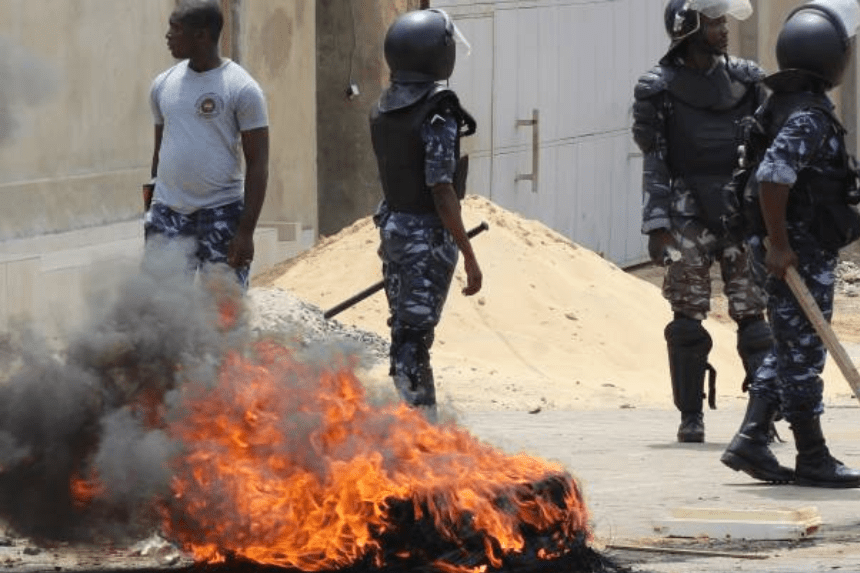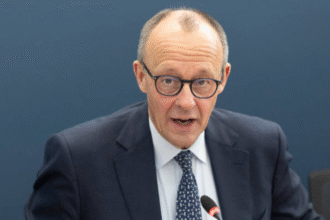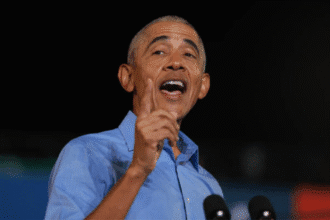The ongoing Togo political crisis intensified this week after former Defence Minister Marguerite Gnakadé was arrested at her home in Lomé. The arrest follows her recent public call for President Faure Gnassingbé’s resignation and a transition to democratic rule. Gnakadé, a respected political figure and the sister-in-law of the president, had urged the military to align with the people and reject authoritarian governance.
Security forces detained her without a warrant, sparking backlash from political groups and civil society organizations across the country. The arrest has since triggered fresh calls for demonstrations and further strained the political atmosphere in Togo.
Why Was Gnakadé Detained?
Authorities claim Gnakadé incited rebellion by publicly appealing to the armed forces. She is accused of encouraging military disobedience and having ties with exiled opposition leaders. According to legal sources, the charges could result in a sentence of 10 to 20 years if upheld in court.
However, her supporters argue the arrest was politically motivated. They say it aims to silence opposition voices critical of the Gnassingbé administration’s tightening grip on power. Here is the link to our article on Marcos-Duterte Power Politics.
Who Is Marguerite Gnakadé?
Gnakadé served as Togo’s Defence Minister between 2020 and 2022, becoming one of the few women to hold a top security post. She is the widow of Ernest Gnassingbé, the late elder brother of President Faure Gnassingbé.
In recent months, she has openly criticized the president’s move to prolong his rule through constitutional reforms. Gnakadé advocated for a peaceful and inclusive political transition, aligning herself with grassroots protest movements calling for systemic change.
How Are Civil Groups Responding?
Civil society coalition Touche Pas À Ma Constitution condemned the arrest as a gross abuse of power. The group demanded Gnakadé’s unconditional release and accused the government of deploying masked security forces without legal justification.
Separately, the youth-led activist group M66 issued a 72-hour ultimatum demanding her freedom. They warned that failure to comply would result in mass protests nationwide. M66 also criticized the silence of the military, questioning why the armed forces remained passive despite her past efforts to improve their conditions. Here is the link to our article on Rejecting Trump Politics.
What Is the Broader Political Context?
President Faure Gnassingbé has ruled Togo since 2005, taking over from his father, who held power for nearly four decades. Recent constitutional amendments created a new executive role—President of the Council of Ministers—with no term limits. Faure Gnassingbé was sworn into this position in May.
These changes have triggered widespread unrest, with thousands protesting in Lomé and other regions. In June, civil rights organizations reported at least seven protest-related deaths, with bodies discovered in rivers around the capital. The Togo political crisis has since escalated, drawing regional and international attention.
Final Thoughts
The arrest of Marguerite Gnakadé is a turning point in the ongoing Togo political crisis. Her detention underscores growing tensions between the ruling government and pro-democracy movements demanding change. As calls for accountability rise, how the situation unfolds in the coming days may determine the future of governance in Togo.
Whether through dialogue or continued unrest, the nation stands at a political crossroads that will shape its democratic path—and the resolution of the Togo political crisis remains a matter of urgent national interest.








